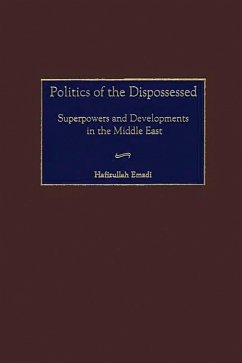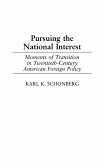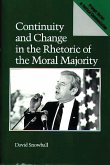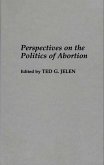This study provides a comprehensive analysis of state-society development in the most volatile region of the world. In the Middle East,various anti-systemic movement and radical Islam often clashed and resisted the political, cultural, economic, and military domination of the region by the world's major imperial powers. Emadi investigates state, revolution, and development in the Middle Eastern states of Afghanistan, Iran, Iraq, and Syria in the immediate post-World War II period. Maintaining that the state is an instrument of class domination, exhibiting a certain degree of autonomy in the creation and design of domestic development programs, he details the role of class in an attempt to provide a better understanding of the diverse factors at work. Politics of the Dispossessed provides an alternative analysis of development in regional politics and its context in world politics, aspects that are generally neglected by most mainstream studies. It examines state formation, internal development strategies, and how class conflict and ideology led to class alliance on an international basis, as well as the external interference in the internal affairs of these societies. It also explores the process of political and ethnic integration of the Middle East into the global economic system and the resulting counter-strategies of the nationalist and Islamic resistance to the increasing superpower domination of the international system.
Bitte wählen Sie Ihr Anliegen aus.
Rechnungen
Retourenschein anfordern
Bestellstatus
Storno









